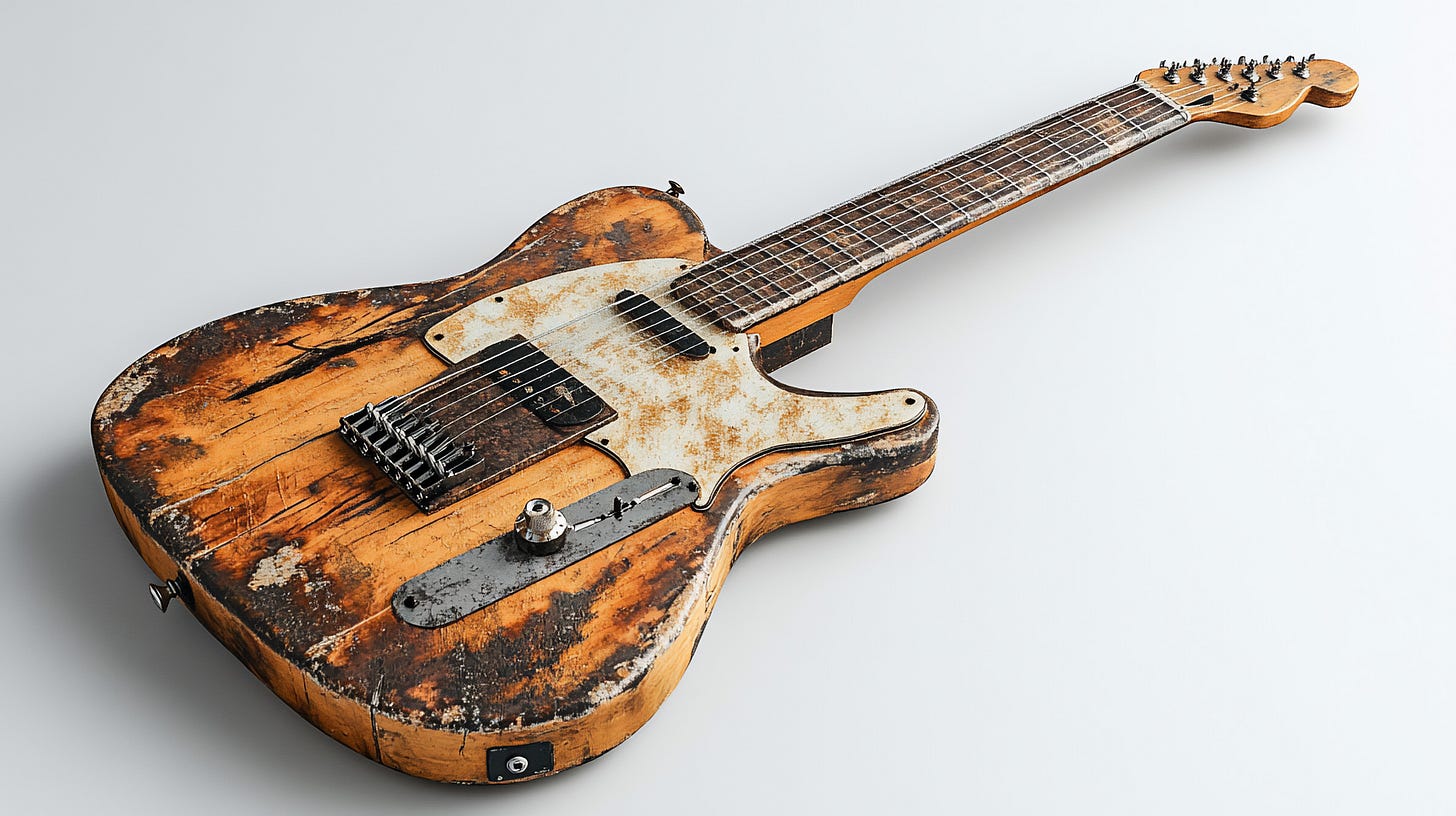I’ve thought about replacing the self-portrait I created with AI. The one I use here. It reflects how I mask. How I’ve been shaped by a lifetime of being erased—by others, and sometimes by myself.
I’m reclusive, mostly. I don’t feel like I have a name anymore, let alone a singular identity. I don’t fit anywhere. Not culturally. Not socially. So showing my real face sends the wrong message.
Because that face—the one strangers see—is not the one I carry with me. It’s not the face of the languages I speak, or the ghosts I carry.
I speak mostly Chinese at home. I read in Spanish sometimes. But when Westerners see my face, they assume I’m one of them. And for years, anti-Chinese and anti-China comments slipped out so casually in conversation that I eventually stopped trying to socialize. I didn’t socialize much before, but I think the last time I tried was November 2024. It got to the point where people whose only connection to Chinese culture was a fortune cookie or inviting my family over to perform "diversity" would suddenly start lecturing me about Chinese values. The performance of inclusion, without any lived understanding, became more than I could stomach.
It’s the assumptions that wear me down. I’m the only one at work who doesn’t visibly present as Asian or Latino. But I’ve lived in Chinese culture for 36 years. I grew up in Latin America until I was eight.
The face in the mirror has never matched the world I live in.
I remember looking at myself after twelve years in Taiwan—most of that time with little to no contact with Westerners. My face seemed pale. Sickly. Wrong. My world was filled with dark eyes, dark hair, temple smoke, and rice cookers. The man in the mirror didn’t look like he belonged.
And now? Now the beard is gray. The hair is mostly gray too. And the question has changed.
It’s no longer “How did that pale face get in there?”
It’s “How did that older man get in there?”
A couple of weeks ago, my daughter-in-law took photos of me. When I looked at them, it hit me: I look like my grandfather. Almost his twin. The same age he was a few years before he retired to a recliner and a never-ending stack of crime novels, spy thrillers, and westerns.
But I never had a father who modeled aging.
He died when I was sixteen.
By the time I was old enough to need his example, he was already gone.
And I only knew my grandfather as an old man—already past the years I’m just beginning to enter. So I realize now: I’ve never seen what aging into oneself looks like. Only aging away from the world.
And I wonder—how well do any of us see ourselves?
I’m neurodivergent. I didn’t think about it much until I was forced into a corner at work ten years ago and reassessed. A whole alphabet spilled out: ADHD. APD. SPD. Dyslexia.
—Auditory Processing Disorder, which feels like a cosmic joke for a musician.
—Sensory Processing Disorder, which I’m only just starting to understand.
—Dyslexia, mostly compensated for, though I still read very slowly. Two full standard deviations below where I'm told a “normal baseline” should be.
And now, Autism.
The screenings say yes. Unequivocally. Apparently, I’m very autistic. And an elite-level masker.
I’m scheduled for formal screening in a week, and there’s little doubt I’ll pass that test with flying colors—though it’s like being proud of a high score in golf.
The irony isn’t lost on me. There’s some shame in it, maybe, because of the stereotypes—how we're expected to miss social cues or avoid eye contact, as if that alone defines us.
But there's relief, too.
Because now I can name the things that have exhausted me for decades. And maybe, finally, learn how not to break myself just to appear whole.
People see me in snakeskin boots, leather suspenders, and a city-brimmed Stetson. With a Telecaster in hand, I look like I’m about to serve up some sweet country chicken-picking. But I don’t play that way.
I don’t perform.
I play.
There’s a difference.
The Telecaster was once described—mockingly—by the founder of Gibson as a “plank of wood with a neck bolted on.” And honestly? That’s not far from the truth. It’s simple. Brutal. A little uncomfortable. But it has nothing I don’t need, and everything I do. No frills. No excuses. Just one sound: mine.
I chose it for the same reason I write the way I do.
There’s no polish, no perfection. Just truth, chased down through wire and wood. I don’t play what people expect. I play what’s real.
The Telecaster doesn’t flatter.
Neither do I.
How can someone who is culturally 60% Chinese, 30% American, and 10% Latino—give or take, depending on the season, the moon, the language of the dream the night before—how can that person reduce himself to one face?
And maybe that fluidity isn’t just cultural. Maybe it’s neurological too.
Some days I’m sharp, hyperverbal, attuned to every thread in the room.
Other days, the world is too loud, too bright, too full.
But every version is me.
None more real than the others.




